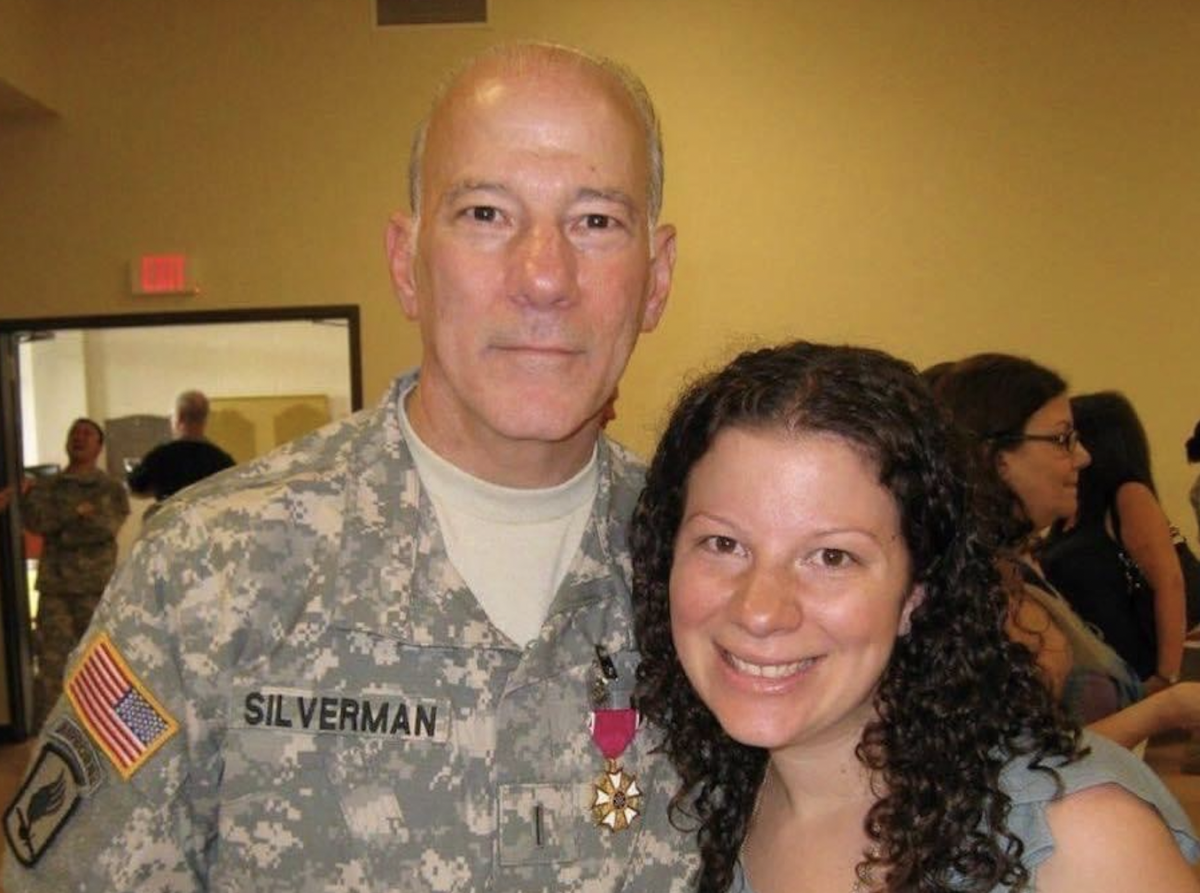As many service members as there are in the military, there are also many children who have parents serving. April is a time to celebrate these young individuals during the Month of the Military Child — a time dedicated to honoring the children whose parents dedicate their lives to service.
This month is meant to show support for those who have faced the unique and often difficult challenges of having a parent in the military. While purple is the official color used to represent this month, other symbols such as dandelions are also used to honor military children. There is even an organization dedicated to supporting them: the Military Child Education Coalition.
Right here in our own building, Ms. Kierez — Assistant Principal of English, Dance, and Library Media — is someone who experienced growing up with a parent who split their time between home and military service.
According to Ms. Kierez, the Month of the Military Child is “for those who go overseas, for those who decide to stay home and travel, and basically for those young ones who are left behind.”
This month also raises awareness about the mental health struggles these children may face, particularly from not having a parent present every day. The constant worry about a parent’s safety can take a toll on children, no matter their age.
One of the biggest challenges military children face is the frequent relocations as parents are assigned to different bases or even different branches. These moves can take families across the country or overseas, often separating children from their parent for extended periods and forcing them to adapt to constant change.
Speaking from personal experience, Ms. Kierez shared, “It was difficult. My dad went into the military in 1969 and retired in 2012. It was almost like my parents were divorced, but they were still married.”
She continued, “From 1988 to 1992 — during Desert Storm and Desert Sun — I was 8 to 12 years old, and he wasn’t around. He was there partially, but not in New York.”
Experiences like these can deeply shape a child’s perspective on relationships and stability. The frequent changes and emotional strain can be challenging at such a young age.
“It was more about the lack of support and missing out on important events,” Ms. Kierez reflected. “It was hard on my mom, and it was definitely hard on my sister and me. Fast forward to 2001 when 9/11 happened — I got married in 2003, and he was activated again because of the Iraq War. I didn’t know if he was going to be at my wedding.”
These experiences, while difficult, are not unique to Ms. Kierez. Many military children celebrate milestones without their parents due to deployment and other active-duty responsibilities. It’s a reminder of how deeply military life can affect the whole family.
“You also gain a newfound respect to love more and love harder,” Ms. Kierez emphasized.
Despite the challenges, many of these children continue to hold deep love for their parents and cherish the time they do get to spend together. In the end, having a parent in the military often fosters a greater appreciation — not only for their own family but also for service members and their sacrifices.


